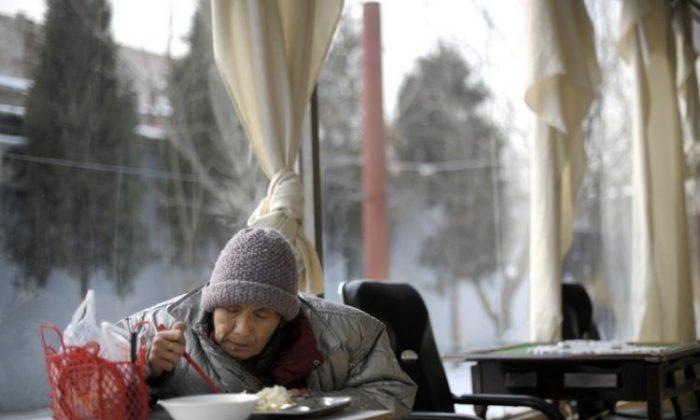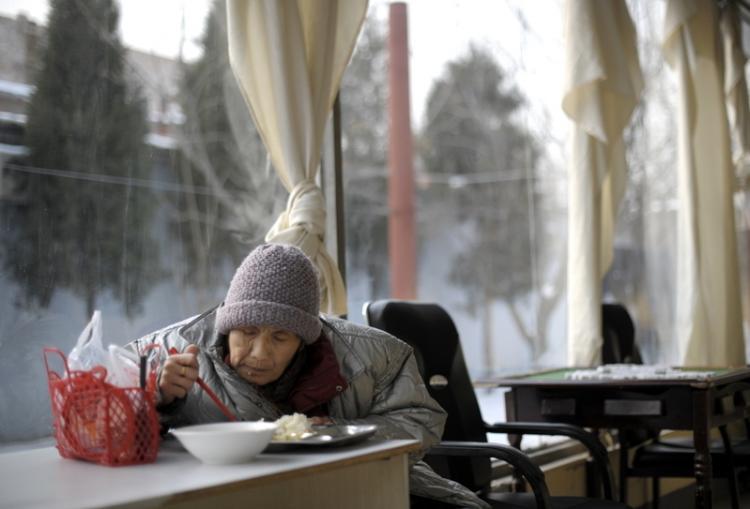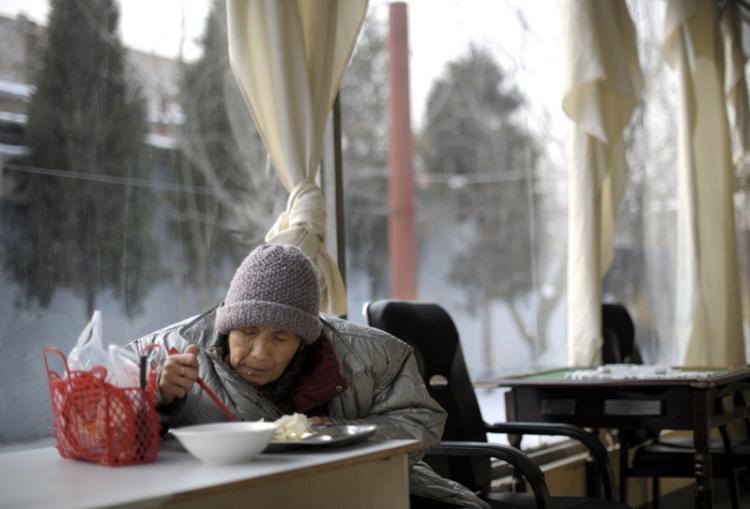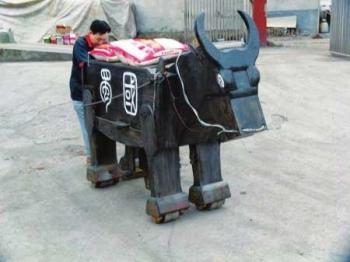The first generation of only children in mainland China is approaching the age of 30. Looming ahead, as the Chinese society ages, are challenges of elder care falling on the shoulders of too few.
A recent online post, which was reposted on nearly ten thousand Chinese websites, expresses the sentiment of only children born after 1980:
“The burden of elder care is like a huge mountain on the back of every child in a one-child family. In childhood, we enjoyed the most undivided attention from our parents. But as adults, we are made to suffer the most. When we are in our 30s and 40s, our parents will be quite elderly, and we will become the most exhausted group on this planet.”
At the end of 2009, 12.5 percent, or more than 167 million Chinese were over the age of 60, and approximately 19 million were over the age of 80.
About 9.4 million had no resources to take care of themselves.
Owing to the implementation of the one-child policy 30 years ago, many families now consist of one child, two parents, and four grandparents.
Without a state-funded welfare system to care for the aging, Chinese families have traditionally looked to their children and grandchildren for support in their old age. Today this puts a heavy burden on the one child who is expected to provide emotional comfort, and physical and financial assistance to as many as six elders.
In addition, young adults are often forced to seek employment in other cities, leaving their ailing parents or grandparents with no one to look after them.
A study by the China Research Center on Aging shows that nearly half of the elderly in urban areas do not live with their children. Even in rural areas, the rate is almost as much, at approximately 40 percent.
Many parents are as stressed as their children by the unbalanced family dynamics, and they often do not wish to burden their children when they get sick. As a result, they may suffer loneliness and physical hardships.
Mr. and Mrs. Wang, a retired couple from Hubei Province, are living by themselves. They have two daughters. One of them moved to Shenzhen for work, and has a family of her own to support. The other daughter lives overseas and can rarely visit.
Mr. Wang said he worries most about getting sick as his health is not good, and he had heart surgery a few years ago. The last time he had a heart attack, he didn’t tell his overseas daughter for fear that she would worry too much. Although the daughter from Shenzhen was able to visit, she could only stay for about a month.
Ms. Xu is in her 70s and lives alone in Jiangxi Province. Her husband passed away two years ago, and her only child, a son, lives in Canada. She said as she gets older, she finds it more and more difficult to take care of her basic needs, including shopping. The only thing she looks forward to is the weekly call from her son.
Care Facilities Shortage
According to an article in the Changjiang Daily, a survey on the subject of elder care showed that 60 percent of those interviewed did not want to depend on their children. Some urban residents have resigned themselves to a life in a nursing home. But the current demand for nursing homes far exceeds supply.
Tianjin is located in northeastern China, and is one of the country’s largest cities. In Tianjin, 306 social service agencies offer 26,423 beds for elder care, while there are more than 100,000 elderly, disabled residents. A staff person at a government-run nursing home said the average waiting time is more than two years. They can only admit new people when the existing residents leave or die.
Tianjin is just one example. The same situation holds for all of China’s largest cities.
In recent years, pilot housing programs designated for the elderly have been built in Beijing, Shanghai, Tianjin, and other large cities. However, social services associated with these programs are still inadequate for the need. Only 55.1 percent of the elderly in cities and 8.2 percent of the elderly in the country live in areas covered by door-to-door elderly assistance programs.
Read the original Chinese article.
The Epoch Times publishes in 35 countries and in 19 languages. Subscribe to our e-newsletter.






Friends Read Free